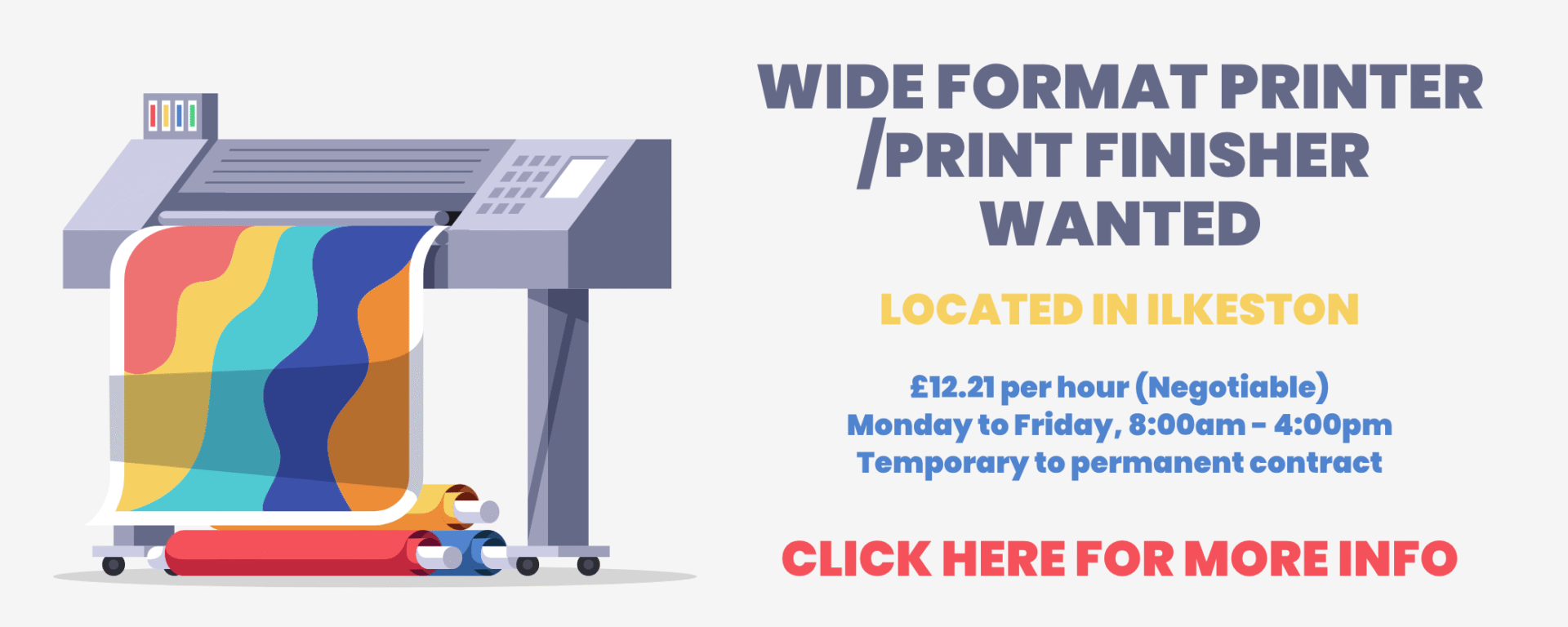
Your CV is your first opportunity to show a potential employer that you are the ideal candidate they are looking for. How your CV is constructed plays a crucial role in whether you’re going to progress to the next stage of the application.
Your focus should be guaranteeing that you’re making a positive impression to the employer reading your CV – so here’s 9 common mistakes you need to be avoiding to improve your chances of being hired…
1. Don't provide limited information on your work history
When crafting your CV, don’t just list the job title and location of your previous employments. The employer needs a detailed description of what duties and responsibilities you performed in the role, and details on the skills you gained, to build an understanding of your work experience and how relevant it is towards the role you are applying for.
You also need to include dates of the employment, your start date to end date. This enables the employer to see how recent your work experience is and how many years of experience you have within that particular role/sector.
Employers in the UK receive an average of 25 applications per job, so they need to quickly identify whether you have the relevant experience and skills they are seeking for the role.
2. Irrelevant hobbies and interests
On your CV it is acceptable to mention briefly about your hobbies and interests, some employers like to see this to gain an understanding of your overall character, however some are not deemed professional on a CV.
Employers are generally interested in seeing hobbies and interest that demonstrate skills like creativity, team work, leadership and problem solving. Using generic interests like watching tv or going to the pub don’t add value to your CV.
3. Block paragraphs
Like we mentioned earlier, employers can receive a high volume of applications per vacancy, and generally spend between 5-7 seconds on average scanning a CV before deciding whether a CV is worth their time. So this means you have no more than 7 seconds to make your CV stand out.
If your CV is formatted in block paragraphs, you can pretty much rule your CV out. Employers don’t have the time to sit and read a CV word for word, they are scanning a CV to pick out the key information they are looking for in the quickest time possible. So you need to make it easy for them.
Format your CV in bullets points, to make the information as easily digestible as possible.
4. Don't type as you talk
Remember to always talk in a professional tone and use proper sentencing. Writing in ‘slang’ terms is not acceptable on a CV.
5. Don't talk negatively about previous employers
Bad mouthing your previous employer is seen as very distasteful, it suggests you engage in unprofessional behaviour and reflects negatively on your attitude, as employers expect candidates to handle workplace issues maturely and discreetly, not publicly critisise them.
The best way to approach challenging work experiences in previous employments, is to discuss how you overcame them or what you learned from the situation, without resorting to negative language or critisism. This gives the impression you can demonstrate maturity and professionalism, which are qualities employers vale in an employee.
6. Spelling and grammar mistakes
Spelling and grammar mistakes in a CV can be a reason your CV is dismissed by employers because it shows lack of attention to detail, which can be a critical skill in many roles. It also indicates a lack of care in your work and will be a huge red flag for roles that require a lot of written communication.
As employers typically have a high volume of CV’s to filter through, seeing a CV with errors could be quickly discarded due to not wanting to invest time into an application where the candidate didn’t take the time to proof read it.
We all accidently make spellings mistakes, and sometimes it can be easy to miss them, however you can either ask a family member or friend to check through your application or use an online spelling & grammar checking tool to catch errors before submitting your application.
7. No fancy fonts
As well as the tone of the email, keep your fonts professional too. Fancy fonts are often less unreadable and can be distracting.
Fancy fonts come across unprofessional and may not be taken seriously.
Fonts that are widely advised to use on a professional document, as they are clean and easy to read, are Arial, Calibri, Times New Roman or Helvetica.
To highlight a heading, you can use bold and/or underline, rather than a fancy font, to distinguish a header.
8. Don't make it generic
Tailoring your CV to the job you are applying for significantly increases your chances of being successfully selected for an interview.
Every job has different requirements in skills, experience and personal characteristics – so this is what the employer is seeking in your application. By tailoring your CV to highlight the exact skills and experience the employer is looking for, it will help your CV to stand out, as it shows you’ve taken time to understand the role and show a genuine interest in the position.
9. Don't leave unexplained gaps in your employment history
Leaving gaps in your employment history can jeopardise your chances of progressing to the next stage of the application, as it can raise questions and create assumptions.
Naturally, employers will question why you were not working during that time, which can create doubts about your work ethic, reliability and commitment. It can also question your transparency as a candidate as you have not addressed these gaps.
If you have a genuine reason for being out of work in between employments, like due to personal reasons for example, you can briefly mention this without going into excessive detail, just to acknowledge the gap in your employment.






